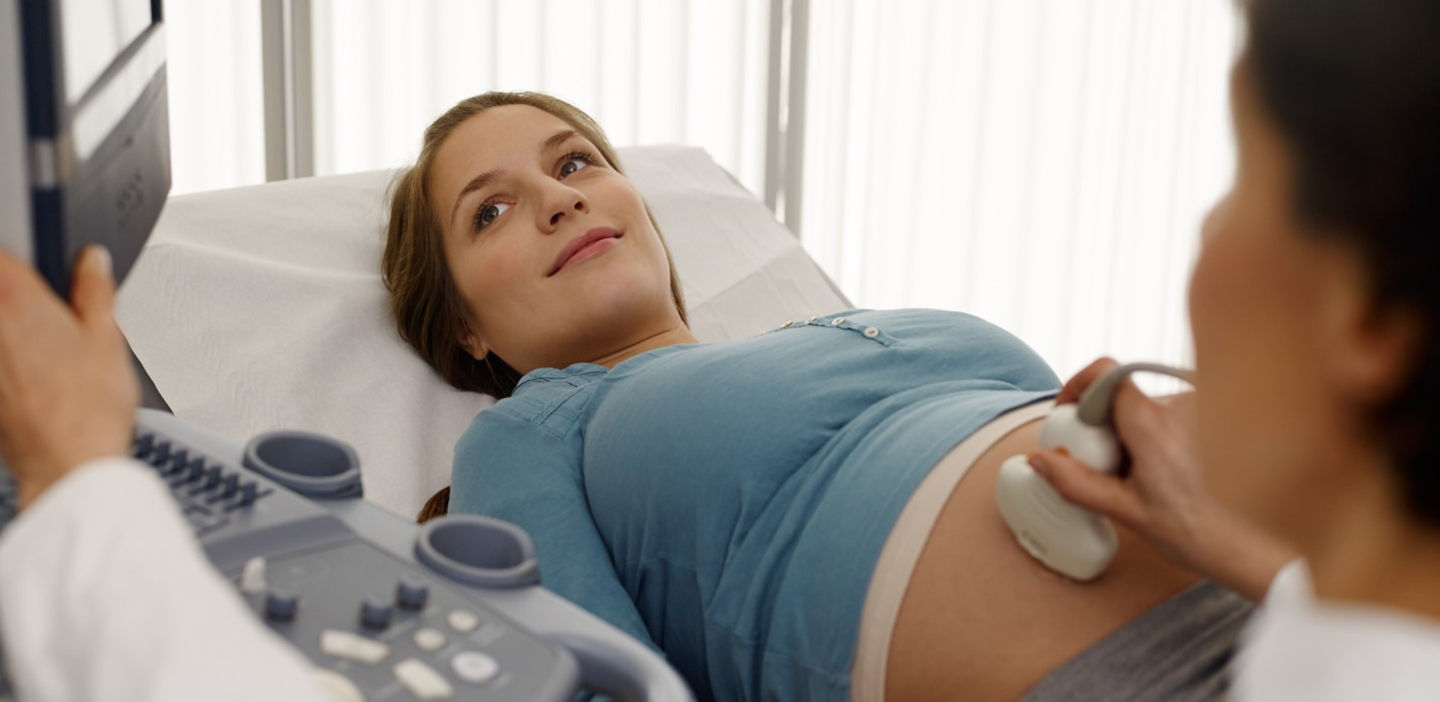The value of testing in Pregnancy Care
From Care to Excellence
A woman’s journey to motherhood is one paved with milestones and bridges to cross. From planning and knowing whether she can conceive, to early pregnancy and making sure that the precious new gift growing inside is healthy. From certainty that her baby is developing as planned in the second and third trimesters, to a successful delivery and effective post-natal care. In this journey, she needs a steady hand, a trustworthy guide, and unwavering support at every step of the way. Whether you offer her comfort as the direct care giver, an impeccably reliable test result as the lab specialist, or prudent foresight as the decisionmaker, her journey is your own.
The role of diagnostics in Pregnancy Care
Sensitive and reliable diagnostic information throughout pregnancy is essential for both clinicians and patients. For pregnant women, possibility to have diagnostics solutions that can provide peace of mind are of an unmeasurable value. Only through accurate and reliable diagnoses can doctors develop a plan of action for their patients.
Preeclampsia diagnosis
Preeclampsia affects about 8.5 million women a year globally,1 or 1 in every 20 pregnancies.2 Worldwide, about 76,000 pregnant women die each year from preeclampsia and related hypertensive disorders.3 An easy-to-use, novel test has been developed that can predict which pregnant women with suspected preeclampsia will or will not develop the condition. With results that are over 99% accurate,4 doctors are given the confidence to send healthy women home safely and to focus care on patients more likely to develop preeclampsia.4
Non-invasive testing for Down syndrome
Pregnant women are routinely offered to have screening for Down syndrome. Traditional screening tests miss one out of every four Down syndrome cases in pregnant women.5 However, a new, non-invasive DNA-based blood test that can be administered as early as 10 weeks in pregnancy has been shown to identify greater than 99% of cases, and has a false-positive rate of less than 0.1%.6 This test limits the number of unnecessary invasive procedures such as amniocentesis which are associated with a risk of miscarriage.
Unlocking the mysteries of many women’s health concerns
Leading experts in fetal medicine discuss the role of cfDNA testing in pregnancy care:
Update Required
To play the media you will need to either update your browser to a recent version or update your
Flash plugin.
Dr Vatish discusses the role of biomarkers in preeclampsia:
Biomarkers in Preeclampsia
Update Required
To play the media you will need to either update your browser to a recent version or update your
Flash plugin.
Roche Pregnancy Care Solutions
A woman's journey to motherhood is one paved with milestones and bridges to cross. One Roche Pregnancy Care solutions enables you to provide her with the holistic care that she requires at every stage of her journey to motherhood.
References
- Telang MA et al. Placenta. 2013;34(1):2-8.
- Verlohren S et al. Am J Obstet Gynecol. 2010;202(2):161.e1-161.e11.
- https://www.preeclampsia.org/ (Last accessed March 2021)
- Vatish M et al. Ultrasound Obstet Gynecol 2016, “The sFlt-1/PlGF ratio test in preeclampsia: an economic assessment for the UK” (open access)
- Sillence KA et al. Non-Invasive Screening Tools for Down’s Syndrome: A Review. Diagnostics. 2013;3(2):291-314.
- Norton ME et al. N Engl J Med. 2015;372(17):1589-1597.


